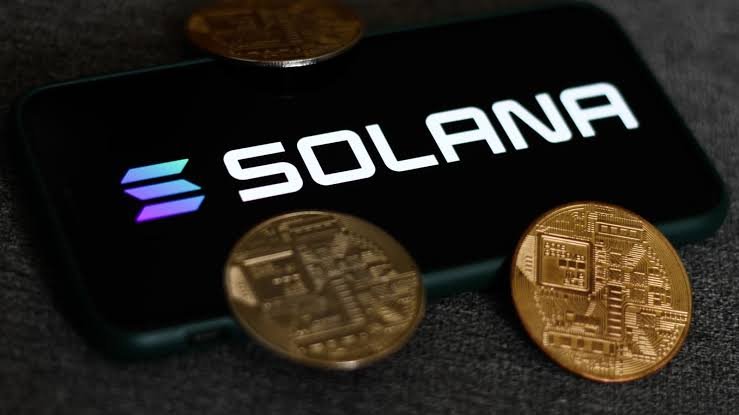When the U.S. securities watchdog approved the country’s first digital asset spot exchange traded funds (ETFs) earlier this year, it seemed like the ultimate endorsement that would spark similar products globally, and it did. However, some markets like Japan remain unmoved, and local experts say this is unlikely to change soon.
In Denmark, digital asset holders could start paying taxes on their unrealized digital asset gains if lawmakers adopt proposals from the country’s tax advisory group.
Japan says ‘no’ to spot ETFs
Japan was one of the earliest movers in the digital asset sector. Following China’s crackdown in 2017, it became the world’s largest market, accounting for up to 50% of all global volume.
Those days are long gone, and the East Asian nation has become much more conservative. Following high-profile hacks to Mt. Gox, Coincheck, and DMM Bitcoin this year, the country’s regulators have become stringent and less willing to allow risky products.
This approach is most evident with digital asset spot ETFs. The U.S. SEC approved these ETFs in January, sparking similar moves in Hong Kong, Australia, and Thailand, with others like South Korea working on similar moves.
However, Japan, a digital asset pioneer, is not any closer to approving these ETFs than it was before the U.S.-led wave. According to one local expert, Oki Shiozawa, regulators remain apprehensive despite the country’s sizable digital asset community.
“I can’t think of any way to successfully persuade those authorities at the moment… Japan’s Financial Services Agency, which approves financial products, is basically conservative,” stated Shiozawa, an investment director at Sumitomo Mitsui Trust Asset Management, a Tokyo-based $600 billion asset manager.
Another expert, Keisuke Kimura, says that the challenge for Japan goes beyond regulations. Kimura, the VP at the Japan Cryptoasset Business Association, told the Financial Times that a cultural shift is also critical as Japanese investors still don’t consider digital assets as lucrative as their peers in the West.
“For this [regulatory constraints] to change, there needs to be a broader societal acceptance that crypto assets can contribute positively to the asset formation of Japanese citizens,” he stated.
Kimura, formerly a financial advisor at SMBC Nikko Securities, added that digital assets are mostly a preserve of retail investors.
“…many traditional large asset managers, insurance companies, and financial institutions are still developing their understanding of crypto assets and risk management protocols.”
Digital asset ETFs also have tax implications, and the National Tax Agency would need to be involved before a decision is reached. Currently, Japan treats digital assets as miscellaneous income for tax purposes. This translates to a range of taxes for traders, ranging from 15% to 55%, depending on an individual’s tax bracket. If ETFs were approved, their digital assets would be treated as capital gains, whose tax is capped at a maximum of 20%.
Denmark weighs new taxes for digital assets
Meanwhile, Denmark is exploring a new taxation framework for digital assets, and some of the proposed measures are causing uproar in the digital currency community.
This week, Tax Minister Rasmus Stoklund announced that he had received proposals on the best way to tax digital assets from the Tax Law Council. Known locally as Skattelovrådet, the Council is an independent advisory body under the Taxation Ministry that provides tax law policy recommendations.
While the Council’s 93-page report contained several recommendations, most are geared towards making it easier for traders to pay taxes, its proposals on the best taxation model raised the most criticism.
The Council noted three possible models: realization, mark-to-market, and net income models. It believes the net income model, also listed as the inventory model, is best for Danish investors. This model lumps together all assets, including stocks and bonds, and imposes taxes by a set date each year. It doesn’t take into account whether investors sold their assets.
“The inventory taxation occurs as capital income and, in return, implies that the taxation occurs continuously, regardless of whether crypto-assets have been sold,” the Council said, adding that this would eliminate “the asymmetry in the taxation of gains and losses.”
“In addition, the recommendations make it possible to set off gains on crypto assets against losses on financial contracts – and vice versa.”
The proposals must be taken to parliament, which Minister Stoklund said would not be until 2025. If adopted, the Council recommends it will take effect after 2026, presumably to give the industry enough time to adjust.
Watch: Converging IPv6 & Bitcoin for decentralized future

















 English (US) ·
English (US) ·